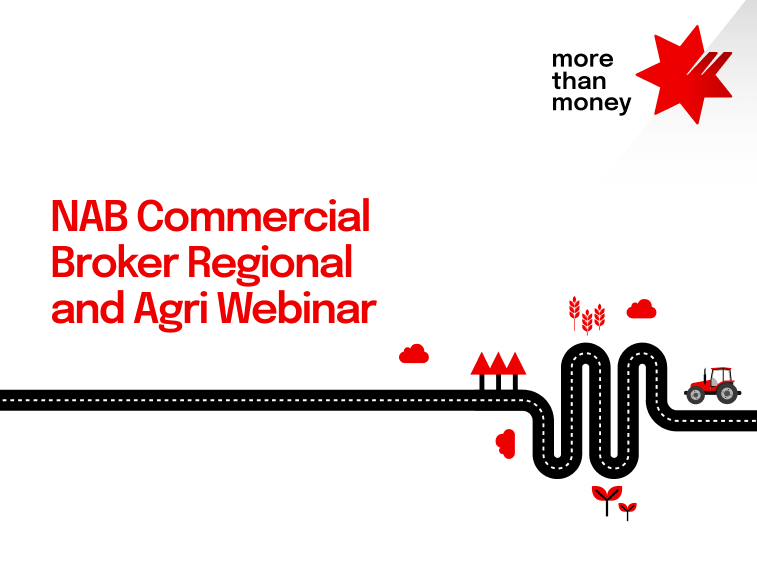An exclusive webinar to help you deliver the best outcomes for your R&A business. Watch now.


Webinar
Speaking at the BeefEx conference on the Gold Coast today, NAB’s Regional Head of Food and Agribusiness, Patrick Vizzone, explained that China is changing how it does business and the shift in thinking from self-sufficiency to trade provides a massive opportunity for beef exporters.

China is changing how it does business and the shift in thinking from self-sufficiency to trade provides a massive opportunity for beef exporters, given the size of China’s production and population.
This is the message from Hong Kong-based Patrick Vizzone, NAB’s Regional Head of Food and Agribusiness, speaking at the BeefEx conference on the Gold Coast today.
Mr Vizzone told the conference that the Chinese population had already largely moved from a starch-based diet to one of protein.
“The Chinese population’s consumption of protein is higher than most people think. In fact, the average proportion of calories obtained from meat is currently higher than Australia and most developed countries.
“The next move is replacing pork with higher quality proteins such as beef, and the expectation is for China to increase meat imports as it increasingly leverages the benefits from trade.
“Even ripples emanating from China will appear like a tsunami in global markets because total demand there (now and into the future) is vast relative to the size of most other countries’ production.”
Mr Vizzone said that prospective exporters to China need a disciplined, long-term strategy to succeed, as well as alignment with government interests.
“Key elements of this are building an understanding of the market and operating environment, and building relationships with trade and investment partners.
“That’s generally well understood, but I can’t stress just how important it is. A key risk is rushing to get a deal done without a sustainable strategy.
“One option is to start with the more established markets of Taiwan or Hong Kong before taking on China.
“Saying that, ‘China’ is not a single market and you need to plan regional market entry strategies. For example, spending on meat varies greatly by province, with Guangdong by far the greatest spender.”
NAB is working with its clients on a number of fronts to establish business partnerships and develop new opportunities in Asia. These include branches in Hong Kong, Shanghai, Singapore, Tokyo, Osaka and Mumbai, as well as representative offices in Beijing, Jakarta and Hanoi. NAB Agribusiness has had a presence in Asia since 1969.
Important Note:
Any advice in this editorial has been prepared without taking into account your objectives, financial situation and needs. Before acting on this advice, you should consider its appropriateness to you.
© National Australia Bank Limited. ABN 12 004 044 937 AFSL and Australian Credit Licence 230686.